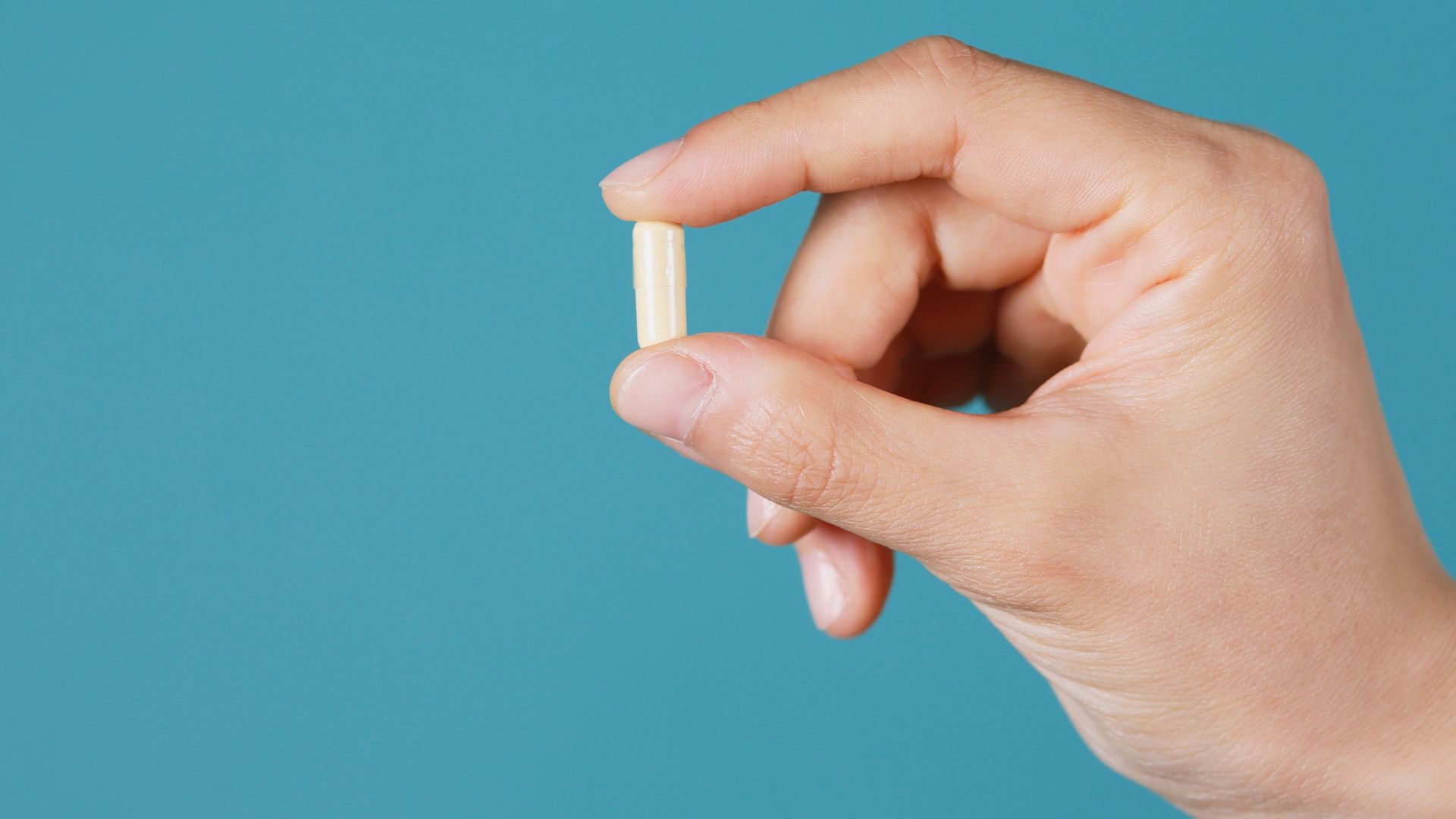

How Long Until Iron Supplements Start Working? A Complete Guide
If you have recently taken iron supplements, you must be expecting results quickly, especially if you have been dealing with fatigue, dizziness or shortness of breath. Although iron deficiency can not be corrected overnight, supplements can help at certain times.
Although the results may differ depending on an individual’s general health, the supplements can start giving improvements within a few days to a few weeks. Full recovery may take some more time, depending on how severe the deficiency is and how disciplined you are with your treatment. Let us help you understand it in-depth and make it clear for you.
What Causes Iron Deficiency?
Iron deficiency is a result when your body does not have enough iron to make healthy red blood cells. It can develop gradually and can go unnoticed until the symptoms become severe. Some of the most common causes are:
- Poor diet: Not eating enough iron-rich foods, especially if you follow a restrictive or plant-based diet without iron supplementation.
- Blood loss: This is a major factor, especially for people with heavy menstrual periods, frequent nosebleeds, or internal bleeding (like from ulcers or gastrointestinal conditions).
- Pregnancy: The body needs more iron to support the growing fetus and placenta, making supplementation essential for many pregnant individuals.
- Chronic illnesses: Conditions like kidney disease, cancer, or inflammatory bowel disease (IBD) can affect how your body uses or absorbs iron.
Now start focusing on diet, and do prefer asking for Iron Infusion near me.
The Timeline: When to Expect Noticeable Results?
Here, understand when you can expect the results to show after iron supplements:
- First Signs of Improvements: 3 to 7 Days
Within the first 3 to 7 days, your bone marrow starts using the extra iron to produce more red blood cells. During this time, your haemoglobin levels, the part of red blood cells that carries oxygen, will slowly begin to rise. These subtle improvements may be noticed, like:
- A slight increase in energy
- Less dizziness when standing up
- Better concentration or mood
Do not get disappointed or worked up if these results are not visible after the first week, because the individual’s body responds differently. It also depends on the severity of the deficiency. Your body is quietly doing the repair work in the background.
- Symptom Relief: 2 to 4 Weeks
By the second to fourth week, many people begin to feel a more noticeable improvement. The fatigue can get much better, and your endurance might start to return. For example, tasks like climbing stairs or walking long distances may not leave you struggling for breath like they once did.
Even if you start to feel better, it does not mean you can skip or eliminate supplements. Be disciplined with the routine and take supplements as per the expert’s suggestions. Iron levels need to be restored not just in your blood, but also in your body’s long-term iron storage (mostly in the liver and bone marrow). You will feel much better, and noticeable results will be there.
- Full Replenishment: 2 to 6 Months
Rebuilding your iron stores fully usually takes 2 to 6 months, depending on how they were in the first place. You’ll likely have a follow-up blood test, typically around the 8-week mark, to check your progress. Once your haemoglobin and iron levels are back to normal, your healthcare provider might recommend tapering down or switching to a lower-dose maintenance supplement.
It’s important not to stop iron supplementation too early, even if you feel fine, because symptoms can come back quickly if your reserves aren’t fully restored.
How Fast Iron Supplements Work: The Affecting Factors
Several factors can affect the effectiveness of iron supplements. We have listed some of them, so do look at them before leaving:
- Type of iron supplement: Ferrous sulfate is common, but forms like iron bisglycinate may absorb better and cause fewer side effects.
- Timing and food intake: Take iron on an empty stomach with vitamin C for better absorption. Avoid calcium, coffee, tea, and antacids near your dose.
- Absorption issues: Conditions like celiac disease, inflammatory bowel disease, or past surgeries can reduce how well your body absorbs iron.
- Severity of deficiency: Mild deficiencies may improve in a few weeks, while severe anaemia can take several months.
- Consistency: Taking iron regularly and as directed greatly affects how fast you’ll feel better.
Sticking to the right form, timing, and routine is key for faster results. Do listen to the healthcare professional and follow their advice.



